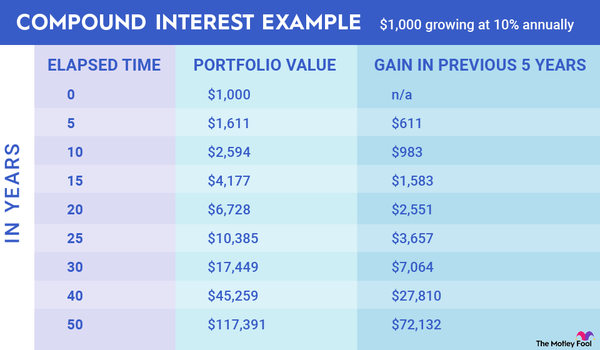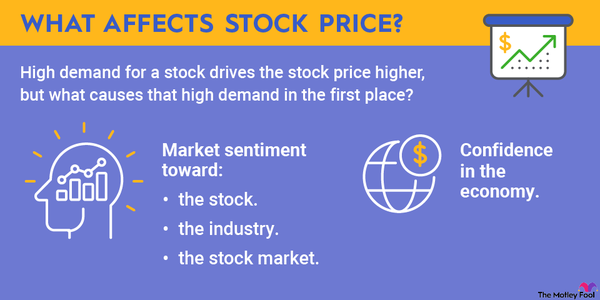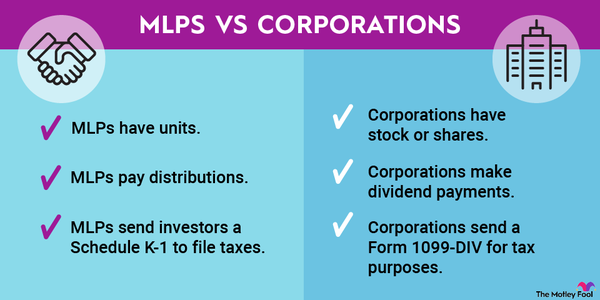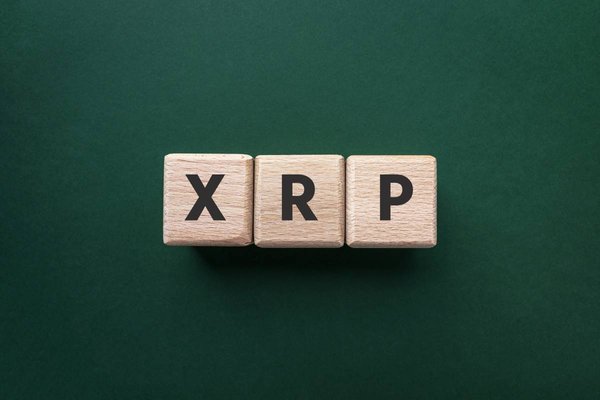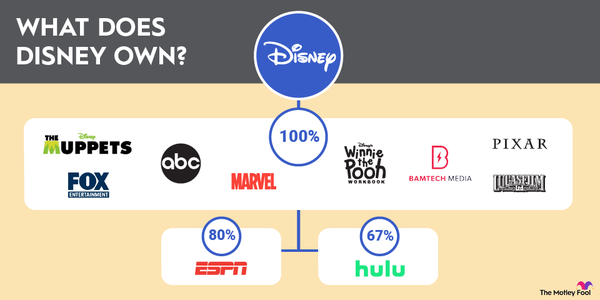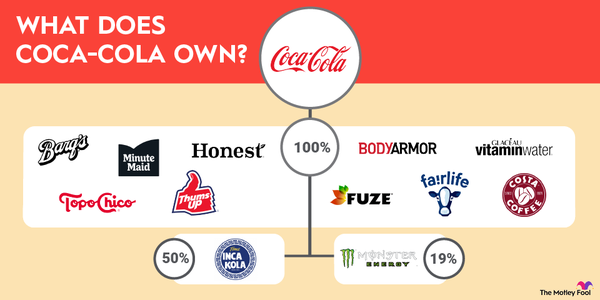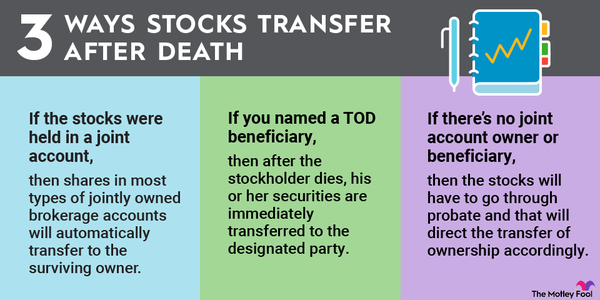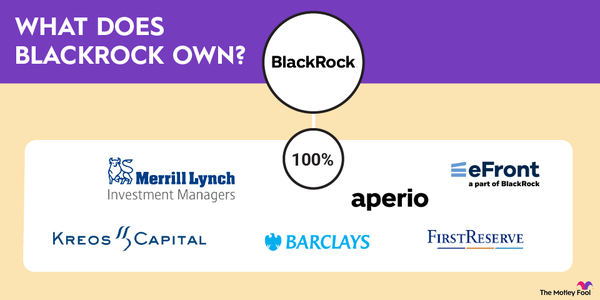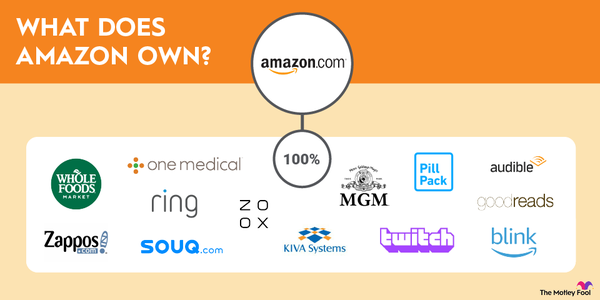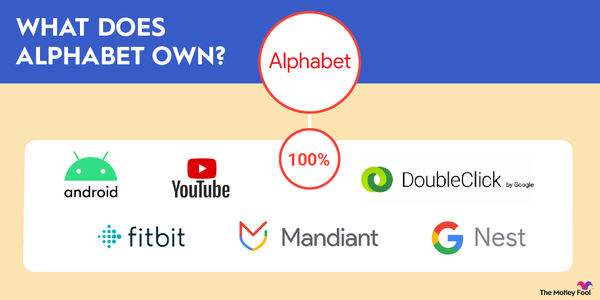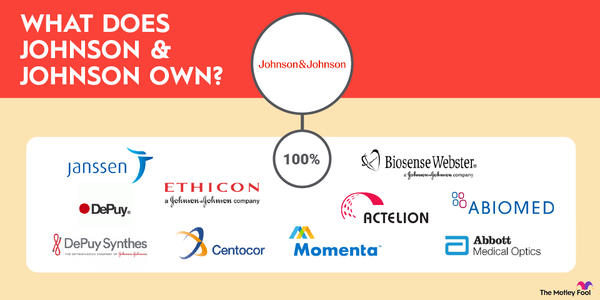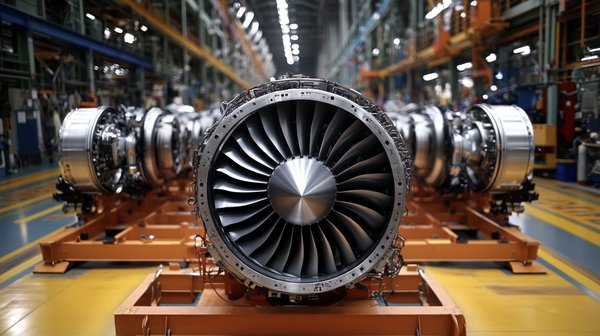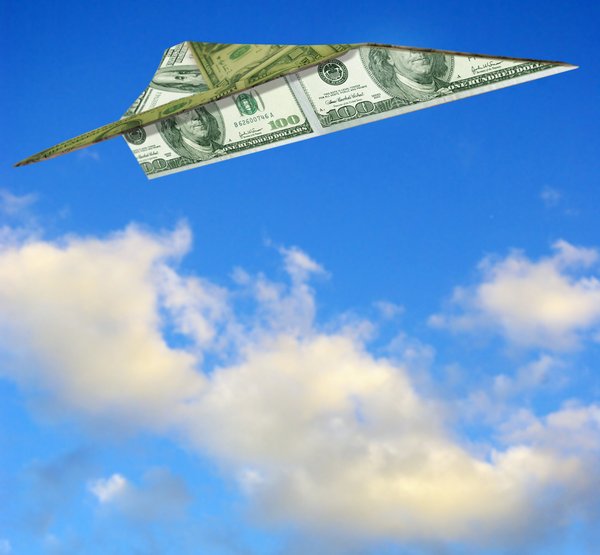Boeing (BA 0.78%) stock has attracted many investors over the years. That’s not surprising, considering that the company plays a central role in the aerospace and defense industries. Airplanes, helicopters, missiles, rockets, satellites, spacecraft -- Boeing makes them all.
In this article, we’ll explain how to invest in Boeing. You’ll also learn what factors to consider to determine if Boeing is a good pick for your investment portfolio.
How to buy
How to buy Boeing stock
Buying a stock is easy -- and buying Boeing stock is no exception. All you need to do is follow these six steps:

- Open your brokerage app: Log into your brokerage account where you handle your investments.
- Search for the stock: Enter the ticker or company name into the search bar to bring up the stock's trading page.
- Decide how many shares to buy: Consider your investment goals and how much of your portfolio you want to allocate to this stock.
- Select order type: Choose between a market order to buy at the current price or a limit order to specify the maximum price you're willing to pay.
- Submit your order: Confirm the details and submit your buy order.
- Review your purchase: Check your portfolio to ensure your order was filled as expected and adjust your investment strategy accordingly.
Should you invest?
Should you invest in Boeing?
Only you will be able to decide if investing in Boeing is the right choice for your financial goals. However, there are several factors to consider.
On the plus side, aerospace stocks such as Boeing should have strong long-term growth potential thanks to increasing demand for air travel and space exploration. Boeing believes that the demand for its products and services “continues to be incredibly strong.”
The competitive landscape also works in Boeing’s favor. It’s one of the biggest defense companies in the world. The aerospace and defense industries are dominated by a handful of large players. Barriers to entry are very high.
Defense contracts, in particular, tend to last a long time. Governments spend a lot of money every year on defense, which presents a great opportunity for Boeing. This also gives investors more insight into future earnings for defense stocks such as Boeing than they have with most other types of stocks.
Investing in Boeing has some downsides, though. For example, the company’s capital expenditures are very high. Pouring significant amounts of money into research and development as well as facilities and equipment for new products can weigh on Boeing’s profits and cash flow at times.
Aerospace and defense are also cyclical industries. Boeing can swing from boom to bust, relatively speaking, depending on which part of the cycle it’s in.
Boeing faces the risk of safety problems involving its products. As a case in point, the company’s Boeing 737 Max was grounded worldwide for more than 20 months in 2019 and 2020. These groundings came after two crashes of 737 Max jets that killed 346 people.
There’s also a possibility that the governments could cut back on defense spending. For example, concerns about soaring national debt in the U.S. could lead to significant defense cuts in the future that may hurt Boeing.

Is it profitable?
Is Boeing profitable?
Boeing isn’t profitable right now. The company has posted net losses of $2.2 billion or more in each of its last three fiscal years. Its free cash flow in 2024 was also negative.
However, Boeing expects its free cash flow to improve, which could pave the way for a return to profitability. Chief Financial Officer (CFO) Brian West said in the company's 2024 fourth-quarter earnings call that 2025 would be an important year in its recovery.
Dividend
Does Boeing pay a dividend?
Boeing doesn’t currently pay a dividend. The company did pay a dividend throughout much of its history. However, it suspended the dividend program in 2020 due to the major impact on its business from the COVID-19 pandemic. It’s possible that Boeing could reinstate the dividend in the future, but it hasn't announced plans to do so any time soon.
Exchange-Traded Fund (ETF)
ETFS with exposure
ETFs with exposure to Boeing
More than 130 exchange-traded funds (ETFs) own positions in Boeing. They include the largest three ETFs based on assets under management:
- SPDR S&P 500 ETF Trust (SPY -2.14%)
- Vanguard S&P 500 ETF (VOO -2.13%)
- iShares Core S&P 500 ETF (IVV -2.15%)
In addition to being a component of the S&P 500 index, Boeing is in the Dow Jones Industrial Average. As a result, the stock is included in the SPDR Dow Jones Industrial Average ETF Trust (DIA -1.64%), the only ETF that tracks the Dow Jones Industrial Average.
Boeing is an especially large holding for four aerospace and defense ETFs:
- iShares U.S. Aerospace & Defense ETF (ITA -0.43%)
- First Trust Indxx Aerospace & Defense ETF (MISL -0.06%)
- Invesco Aerospace & Defense ETF (PPA -0.72%)
- Gabelli Commercial Aerospace and Defense ETF (GCAD -0.32%)
Other ETFs for which Boeing is a major holding include:
Stock splits
Will Boeing stock split?
While there are several notable companies that have recently conducted stock splits, Boeing isn’t one of them. The big aerospace and defense company doesn’t appear to have any plans for a stock split anytime soon.
However, Boeing has conducted seven stock splits in its history. The most recent was in June 1997.
The bottom line
The bottom line on Boeing
Boeing ranks as a key player in the aerospace and defense industries. There are both pros and cons associated with investing in the stock.
Income investors won’t find Boeing appealing, since the company no longer pays a dividend. Growth-oriented investors might be reluctant to buy the stock as well, considering its dismal performance in recent years.
However, Boeing could be a good fit for investors who like potential comeback stories. The company’s long-term prospects should be better than its recent past.
FAQs
Investing in Boeing FAQs
Is Boeing a good investment?
Perhaps the best answer to this question is: It depends on your investing style. Boeing isn’t a good pick for income investors since it doesn’t currently offer a dividend. The company’s revenue growth hasn’t been especially impressive in recent years, so the stock probably won’t appeal to growth investors. Boeing could be a good pick, though, for investors who like to find potential turnaround plays.
Is Boeing a high-risk stock?
In some respects, Boeing is a high-risk stock. Its beta of 1.53 is high, reflecting significant volatility. The company also faces several major risks, notably including the cyclical nature of the aerospace and defense industries.
Who are the top investors in Boeing?
More than 70% of Boeing’s shares are owned by institutional investors. The top holders of the stock include:













